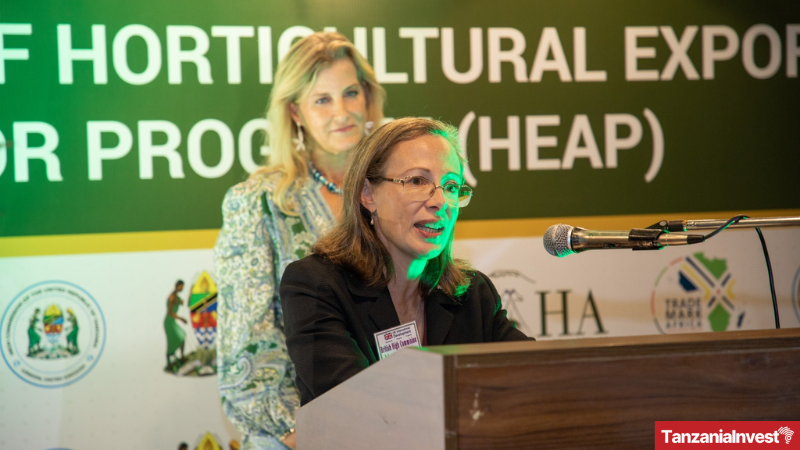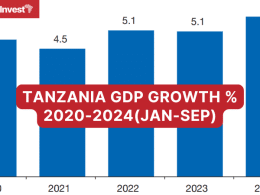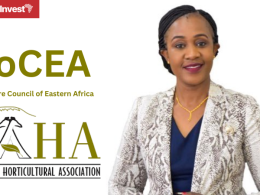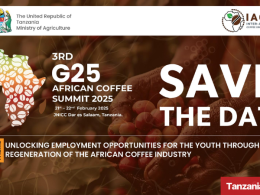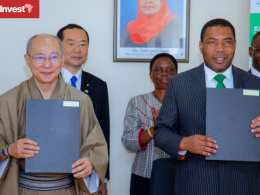In September 2024, the Tanzania Horticulture Association (TAHA) and the British High Commission of Tanzania launched the Horticulture Exports Accelerator Program (HEAP) in Arusha, Tanzania.
Officially introduced by the British High Commissioner to Tanzania, Ms. Marianne Young, the UK-funded initiative focuses on increasing the quantity and quality of horticultural exports while supporting women in agribusiness and promoting climate adaptation.
This two-year program aims to strengthen Tanzania’s horticultural sector by enhancing local businesses’ export capabilities, ensuring they meet international standards, and gaining access to UK and European markets.
Through HEAP, more firms will benefit from the UK’s Developing Countries Trading Scheme (DCTS),a trade initiative designed to provide preferential access to the UK market for developing countries, further deepening the UK-Tanzania partnership in agriculture.
Speaking after the official announcement of the program, TAHA’s CEO Dr. Jacqueline Mkindi said, “This program has been established and is coordinated by TAHA in collaboration with the Tanzanian High Commission in the UK and the Ministry of Agriculture. The main goal is to increase the volume, quality, and value of horticultural products targeting the UK and European markets, while also aiming to boost the number of exporters and enhance their ability to compete internationally.”
On his part, the Permanent Secretary of the Ministry of Agriculture Mr. Gerald Mweli, highlighted the program’s importance in supporting the Tanzanian government’s agricultural development strategy, known as Agenda 10/30, which emphasizes the motto “Feed Ourselves, Feed Others Commercially.”
Horticulture in Tanzania
According to the National Horticulture Development Strategy and Action Plan 2021-2031, horticulture is one of the fastest-growing industries in Tanzania’s agricultural sector, with an annual growth rate of 9-12%.
The industry earned the economy nearly USD 418 million in 2023, up from USD 290 Million in 2022.
The government has developed a strategy that aims to spur the horticulture industry’s growth and enable it to earn the economy at least USD 2 Billion annually by 2030.
Horticulture employs around four million people and contributes 38% of the total foreign income generated by the agricultural industry.
Women and youth comprise about 65 -70% of the small-scale horticultural producers in the country and have limited access to regional and international markets.





